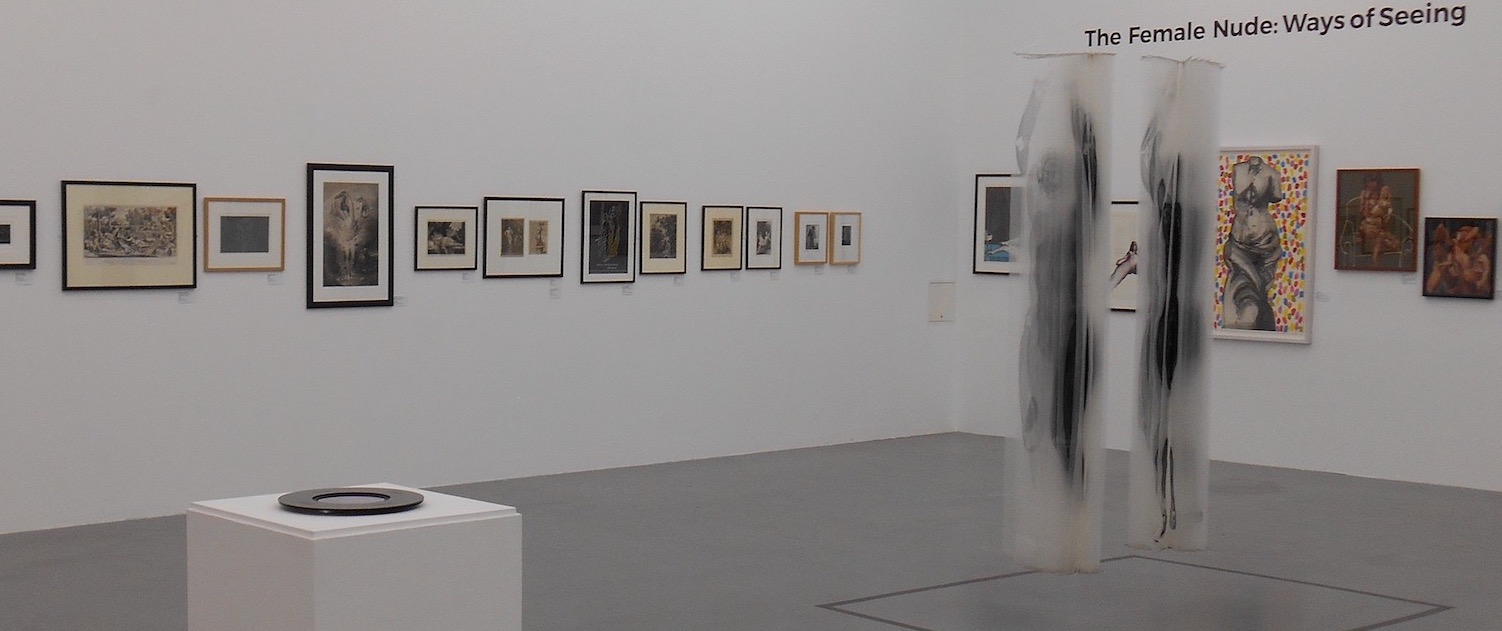
CFP: Exhibition Design: Between Materiality and Spatial Dramaturgy
Session convened by Pamela Bianchi and Eve Kalyva
36th CIHA Congress (Comité International d’Histoire de l’Art), Lyon, 23-28 June 2024
Proposal Submission Deadline: 15 September 2023
This session focuses on the materiality of exhibition devices and their role in shaping knowledge. It is interested in examining the changing ontology of exhibition design, arising today from new curating approaches, such as hybrid installations, speculative narratives and aesthetic experience. Expanding existing scholarship and research on exhibition design studies, this session considers exhibition-making processes, materials and structures, and explores how the materiality of the exhibition (the curatorial and exhibition design practices) can spatialize aesthetic experience, foster spatial perception and, importantly, reposition the individual at the centre of newly-created social and spatial narratives.
Since the 1980s, the art world has moved away from an object-oriented culture to a systems-oriented one. This created a form of permeability that allowed for hybrid creative and exhibition formulas to appear: sort of meta-sculptures and meta-spaces capable of generating experience and knowledge. From the landmark exhibition Contemporanea (Villa Borghese, Rome, 1973) to Liam Gillick’s show Renovation Filter: Recent Past and Near Future (Arnolfini, Bristol, 1999); from the Boijmans Museum’s archive in Rotterdam (The Depot, 2021) to the hybridizations of the Atelier van Lieshout, the alternative models of social and economic organizations of Superflex and the display projects of Adrien Gardère Studio, it becomes clear that artworks are not the only parts integral to an exhibition. Rather, architectural and design structures, as well as different types of spaces and materials (see Carlo Scarpa’ travertine panels at the Querini Stampalia Foundation in Venice), become important signifying and relational exhibition parameters that question the exhibiting in terms of curating, displaying, experience and contents. The close relationship between exhibits and design elements defines a kind of spatial dramaturgy that resurfaces today in hybrid exhibitions (temporary and permanent), where the ontological limits of their components are challenged by a post-media creative approach. Moving beyond rigid positioning and strict epistemological margins, a new ontology of exhibition devices seems to offer a new compositional freedom to conceptualize and articulate a range of curatorial intents, meanings and means of communication.
This session aims to question what exhibition design could be and could do today in terms of the ontology of an exhibition, and to explore the role of its materiality, both technical and theoretical, in the narrative processes. Neither a simple process of visual representation nor a product of an architectural gesture, exhibition design could be understood as integrating the idea of an art form in itself.
We invite papers that reflect on, but are not necessarily limited to:
– The ontology of different exhibition devices and exhibition-making processes;
– How the materiality of exhibitions shapes meaning, knowledge, experience and speculative narratives;
– Materials (of display structures) as means to articulate narratives;
– Designing spatial narratives and spatial dramaturgy;
– Visitor’s experience in different types of spaces (e.g. material, immaterial, social, domestic…);
– Case studies across different geographical contexts, global perspectives and types of exhibition spaces (museum of any type, alternative spaces…);
– Contemporary art case studies that engage with the above.
Proposals (350-500 words, incl. 4-6 keywords and possible bibliography) must be submitted on the submission platform only, by following the official website https://www.cihalyon2024.fr/en/call-for-papers.
For further information, contact the CIHA secretariat (CIHA-Lyon-2024@cfha-web.fr); or the session convenors Pamela Bianchi (pamela.bianchi@paris-belleville.archi.fr) and Eve Kalyva (e.m.kalyva@kent.ac.uk).
